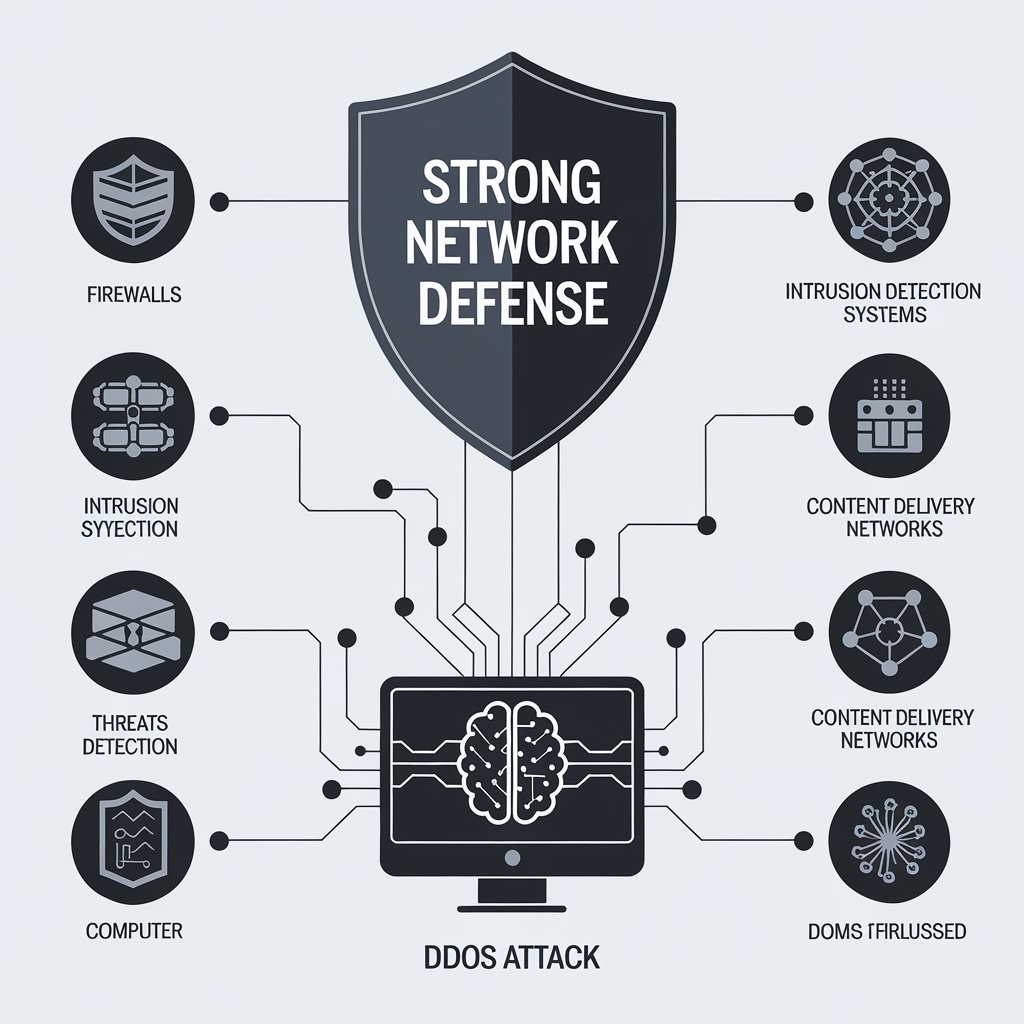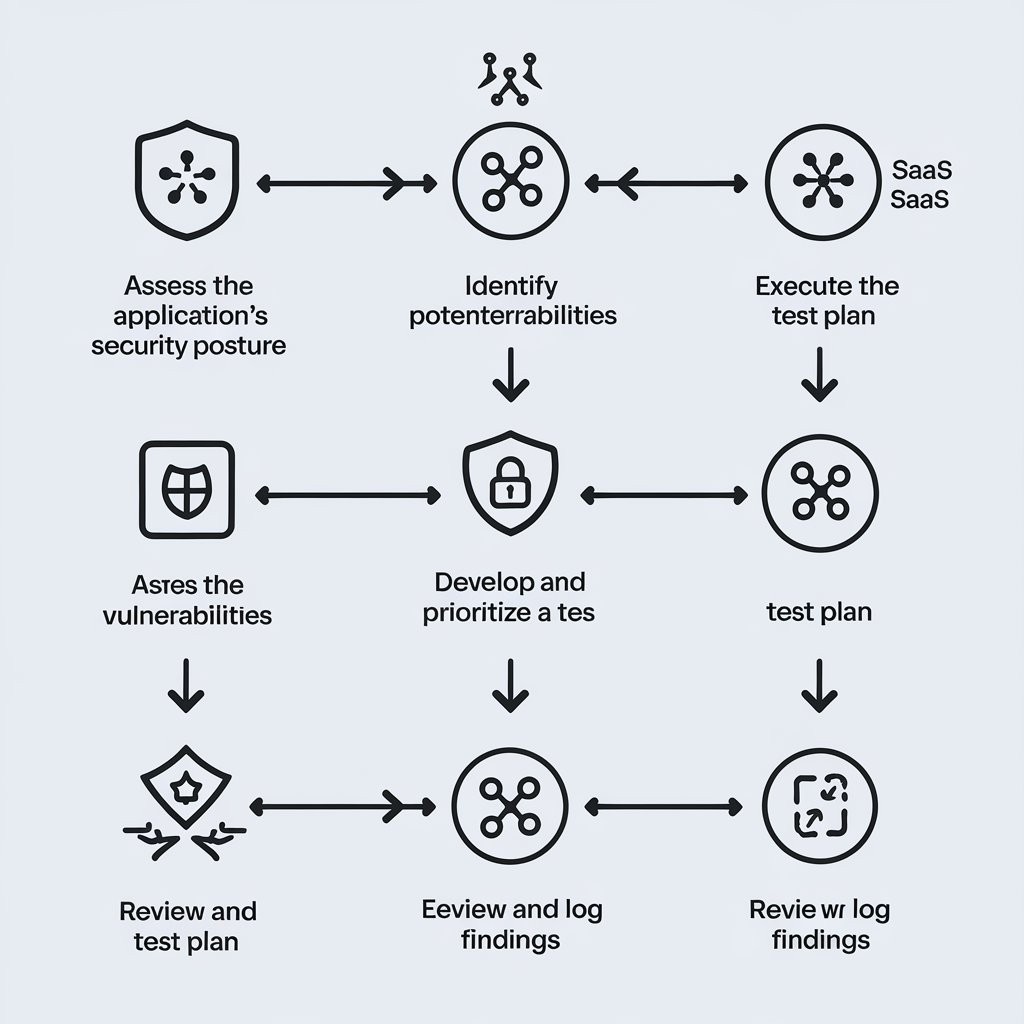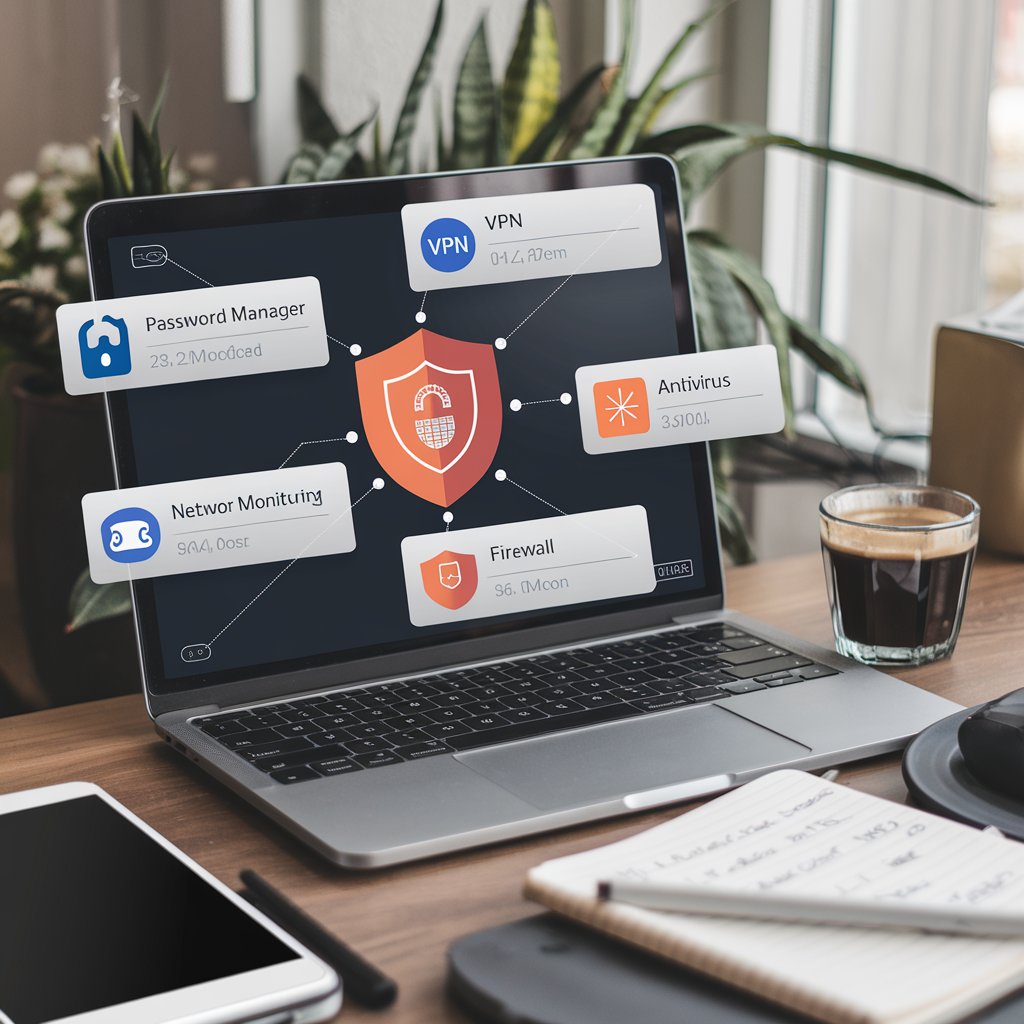Importance of security audits for small businesses
News & Insights
6 Min Read
The Small Business Security Checkup: Why Security Audits Matter As a small business owner, you're likely juggling many responsibilities. While cybersecurity might not be at the top of your daily to-do list, it’s critical to the long-term health and stability of your business. Just like you wouldn't skip a regular checkup for your physical health, you shouldn't neglect regular security audits for your digital well-being.
This post will explore why security audits are essential for small businesses, demystifying the process and highlighting the key benefits they provide.
Why Security Audits are Crucial for Small Businesses
Before we dive into the details, let's understand why security audits are so important:
Identify Vulnerabilities: Security audits uncover weaknesses in your systems, processes, and networks that could be exploited by cybercriminals.
Reduce Risk: By finding vulnerabilities, you can fix them before they become security breaches, reducing your overall risk.
Protect Sensitive Data: Audits help ensure that your customer data, financial information, and other sensitive data are properly protected.
Maintain Business Continuity: They help you ensure that your business can continue operating even in the event of a security incident.
Build Customer Trust: Demonstrating that you take security seriously can increase customer confidence and loyalty.
Meet Compliance Requirements: Audits help you meet regulations for data protection and privacy.
Avoid Financial Losses: They help you avoid the significant financial losses associated with data breaches, fines, and business disruptions.
What is a Security Audit?
A security audit is a systematic evaluation of your organization's security measures. It typically involves:
Reviewing Policies and Procedures: Assessing your current security policies, procedures, and guidelines.
Examining Infrastructure: Analyzing your network, servers, computers, and other IT infrastructure.
Testing Security Controls: Evaluating the effectiveness of your security controls, such as firewalls, antivirus software, and access controls.
Assessing Employee Awareness: Examining employee knowledge of security practices and policies.
Identifying Vulnerabilities: Uncovering potential weaknesses in your systems and processes.
Providing Recommendations: Offering recommendations for improving your security posture.
Key Benefits of Security Audits for Small Businesses
Here are specific benefits that security audits provide for small businesses:
Identify Weaknesses Before Attackers Do:
Proactive Approach: Security audits allow you to proactively identify and address weaknesses before cybercriminals can exploit them.
Reduce Attack Surface: Identifying and patching vulnerabilities reduces the potential attack surface.
Improve Security Controls:
Evaluate Effectiveness: Audits evaluate the effectiveness of your current security controls and suggest improvements.
Implement Best Practices: They help you implement industry best practices for security.
Protect Sensitive Data:
Data Security: Audits help ensure that sensitive data is stored securely and access is properly controlled.
Privacy Compliance: They help you comply with data privacy regulations (e.g., GDPR, CCPA).
Prevent Data Breaches:
Reduce Breach Risk: Audits reduce the likelihood of costly data breaches by identifying and addressing potential vulnerabilities.
Safeguard Reputation: Protecting your business from a data breach helps preserve your reputation and customer trust.
Maintain Business Continuity:
Ensure Availability: Security audits help ensure that your systems remain available and functional, minimizing downtime.
Support Recovery: They help you develop and implement incident response plans for recovering from a security incident.
Meet Compliance Requirements:
Regulation Compliance: Audits help you meet compliance requirements for data protection and security.
Industry Standards: They ensure you are following industry best practices for security.
Reduce Costs:
Avoid Financial Loss: Audits help you avoid the financial costs of a data breach, including fines, lawsuits, and recovery costs.
Optimize Security Investments: They help you prioritize and focus your security investments on the most critical areas.
Implementing a Security Audit for Your Small Business
Start Small: Begin with a basic audit and gradually expand your scope as needed.
Seek Professional Help: Consider hiring a cybersecurity professional or consultant to conduct the audit.
Develop a Plan: Create a written plan that outlines the scope, objectives, and procedures of the audit.
Prioritize Findings: Focus on the most critical vulnerabilities identified during the audit.
Implement Recommendations: Implement the recommendations from the audit to strengthen your security posture.
Regular Audits: Conduct security audits regularly (at least annually) to ensure ongoing protection audit3aa
Join our newsletter list
Sign up to get the most recent blog articles in your email every week.








